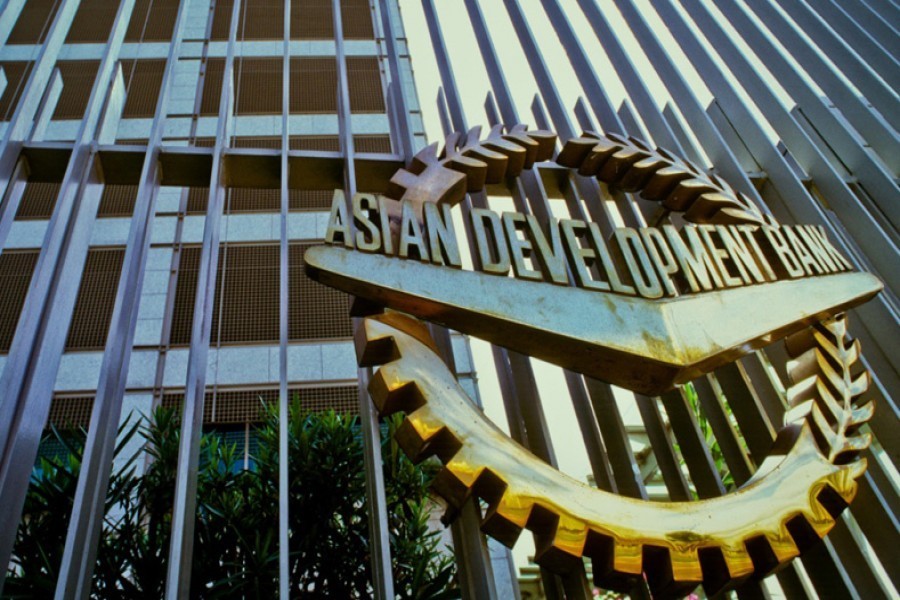The Asian Development Bank (ADB) agreed to give $150 million as loans aiming to develop crucial infrastructure such as roads, drains and capacity in Dhaka and Khulna.
To this end, ADB and the government inked an agreement to receive the financial assistance on Tuesday at a ceremony in the city.
Monowar Ahmed, Secretary, Economic Relations Division (ERD), and Manmohan Parkash, Country Director, ADB, signed the agreement on behalf of Bangladesh and ADB respectively, says a UNB report.
A similar initiative, the Second City Region Development Project, was undertaken which got completed in 2018, according to ADB.
The project will bolster growth, improve living standards, and improve mobility, flood resilience, and solid waste management in Dhaka and Khulna city regions, said ADB Country Director Manmohan Parkash.
He said by improving institutional capacity and community awareness, the project will strengthen municipal governance, institutional coordination, and sustainable service delivery.
“It’ll also support preparation and implementation of comprehensive frameworks for integration of urban development with south-west economic corridor (SWEC) development, and thereby contribute to establishing the SWEC as a major economic corridor in South Asia Subregional Economic Cooperation,” Parkash added.
The project will support the rehabilitation of 300 kilometres of urban roads and 30 kilometres of drains in and around Dhaka and 120 km around Khulna.
It will also fund the preparation of an integrated solid waste management plan, including the construction of a composting plant for Khulna.
To strengthen capacity, the project will help identify priority investments, prepare or update various plans, and provide training in municipalities and city corporations in integrating urban planning, sustainable service delivery, and operation and maintenance of urban infrastructure, ADB said.
To reduce delays for future projects, support of preparation of detailed engineering designs involving latest technologies and smart applications will be provided, it said.
This will include integrated real-time data platforms and sensors, advanced building materials, and geotechnical engineering.
The project will also conduct community awareness campaigns covering at least 200,000 people, including at least 100,000 women on reducing, reusing, and recycling solid waste.


